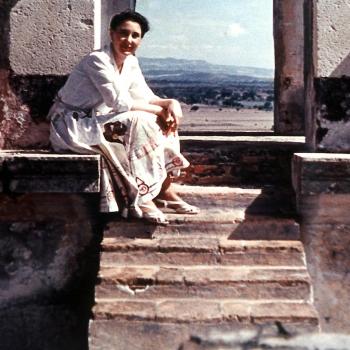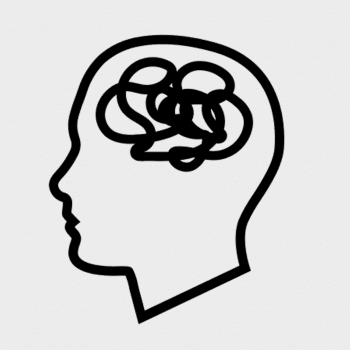When I agreed to write for Patheos, I didn’t think I would have to dive into the evolution debate. But, a couple weeks in, I’ve come to admit I was wrong. The compatibility of evolution and the Catholic faith is more contested than I had ever imagined.
In this post, I will provide an overview of a few reasons that the theory of evolution does not contradict the Catholic faith. In it, I link to works by a range of theologians and scientists (who are much smarter than I am). Though I do not agree with everything they say, I find these works quite valuable and recommend them highly.
Okay, here we go:
Evolution is not in contradiction with the Catholic understanding of God.
Here are a few (overlapping, mutually reinforcing) reasons why this is the case.
-
Noncompetitive transcendence.
God does not compete with causes in the natural order. God created all being and sustains all being. He is not a being among many, but being itself. He is not on the same ontological playing field as evolution. God transcends, and does not compete with, the natural order. Bishop Robert Barron gives an excellent explanation in the second part of his work, The Priority of Christ.
Saying evolution is the physical cause of the human person does not mean God didn’t create us. Rather, it means that God chose to use the natural mechanism of evolution to bring us into being.
2. Allegory in the Genesis.
The biblical creation account is not meant to be read as a literal, chronological, historical creation account. This is not a recent idea in the Church – look at St. Augustine or Origen if you are skeptical.
3. Ultimate vs. proximate questions.
Evolution may tell us how the human person came about through time. It does not tell us why the human person came about through time. Therefore, there can be an end to evolution that is chosen by God. This is not in competition with the mechanism of evolution. See Cardinal Schönborn’s article in the New York Times for some interesting thoughts about this distinction.
4. Chance vs. providence.
The fact that evolution occurred through natural selection does not mean that it wasn’t crafted by God. There can be a guiding purpose to an event that makes use of chance or randomness. Furthermore, as Christopher T. Baglow points out in his (very accessible) book “Faith, Science and Reason,” a world without chance would be a world without freedom.
5. Material and formal cause of the person.
We must distinguish between the level of material and efficient causality and the level of formal causality. The human person is composed of a unity of the physical body and spiritual soul. In order to make sense of this composite, we must not leave behind the soul (or formal cause) of the organism. It is the form that gives the body its human character. It is useless, unintelligible, to try to define human beings in terms of their body alone. Read Etienne Gilson’s book From Aristotle to Darwin and Back Again.
6. The infusion of the soul.
Similar to point 5. There is an ontological difference between body and soul. There is something about the human person that is of a different ontological order. Because of this, some say that the God brought about the body through evolution but created and infused the soul in the human person. See John Paul II’s 1996 message to the Pontifical Academy of the Sciences.
When does evolution present a challenge to Christianity?
Evolution does challenge faith that relies on a reductive or false understanding of God.
The irreducible complexity argument shrinks the domain of the divine. It reduces God’s power to fit down in the gaps of scientific explanation. But God is not a “God of the gaps.” He is over and above all of reality, sustaining all of reality.
The intelligent design argument implicitly rejects God’s power to operate in and through natural causes. It makes God a mere “watchmaker” who designed and set things in motion, but has no immanent presence in His creation. At the same time, it does not allow for a God who is outside of time.
In these cases, evolution can challenge faith. If you’re struggling with these arguments, read Finding Darwin’s God, in which Kenneth Miller critically investigates the common ground between God and evolution.
I also have an upcoming post on the role of science in the search for truth. In the mean time, read Stephen Barr’s “Retelling the Story of Science,” from First Things.
Why should we think about this?
For some people, it can be hard to understand how evolutionary theory fits in with Divine Creation. But it’s worth it! Evolutionary theory can be such a source of wonder and awe at God’s loving providence. Evolution is the mechanism through which He chose — in love — to bring us into being. As Pope Benedict XVI explains:
“We are not some casual and meaningless product of evolution. Each of us is the result of a thought of God. Each of us is willed, each of us is loved, each of us is necessary.”
Before you comment
Before you attack me or the Catholic Church or evolution, please do read the works linked in this post.
















